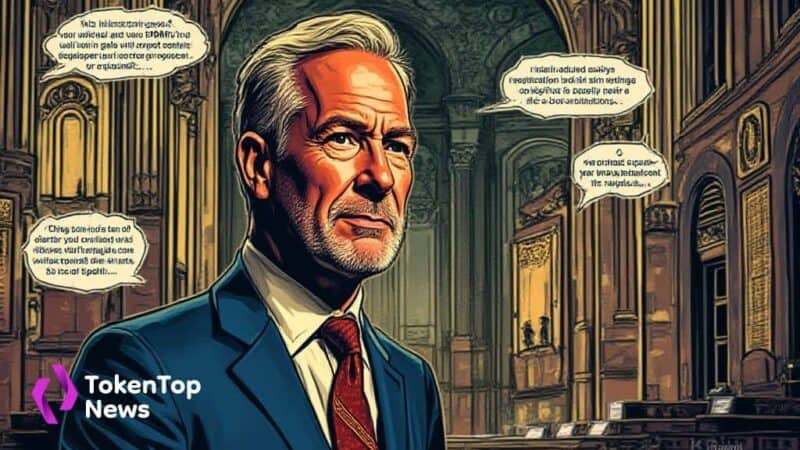Wisconsin Proposes Legislation for Bitcoin ATMs Regulations
- Proposed legislation to regulate Bitcoin BTC +0.00% ATMs in Wisconsin.
- Mandatory KYC and transaction limit of $1,000.
- DFI aims to reduce fraud through stricter controls.

Wisconsin’s Department of Financial Institutions plans new legislation imposing mandatory KYC and a $1,000 cap on Bitcoin ATMs, addressing rising scams as stated in their May 2025 guidance.
This change indicates a potential shift in Wisconsin’s regulatory landscape for cryptocurrencies, with a focus on fraud prevention potentially affecting BTM operations and consumer transactions statewide.
Wisconsin is working to introduce new legislation targeting Bitcoin ATMs. The proposal includes mandatory Know Your Customer (KYC) processes and a cap on transactions at $1,000. This move aims to strengthen oversight under money transmission laws.
The Wisconsin Department of Financial Institutions (DFI) has issued guidance for Bitcoin ATM operators. It requires a money transmission license and compliance with the law. New legislation would formalize these requirements, aligning with existing state guidance.
The proposed regulations may impact Bitcoin ATM operators. Compliance costs could rise, potentially affecting the crypto market in Wisconsin. Transactions would be capped, altering the landscape for in-state users.
State officials stress that such measures are necessary for consumer protection. Michael Gavigan from DFI noted the potential harm from scams could be reduced through KYC and transaction limits, reflecting regulatory shifts nationwide.
The potential financial implications for Wisconsin’s economy depend on legislative proceedings. Crypto trading dynamics might shift if the proposal passes, with reduced kiosk transactions potentially altering liquidity flows.
Currently, there is no observable impact on on-chain metrics due to these proposals. Existing measures have prioritized compliance and fraud prevention as primary objectives. “If there’s not a daily transaction limit, the harm can be essentially unlimited. This gives a number of opportunities for a victim to realize what is happening if somebody is asking them to go back day after day after day to put in more money (in the BTM).” – Michael Gavigan, Assistant Chief Legal Counsel, Wisconsin Department of Financial Institutions (DFI).





